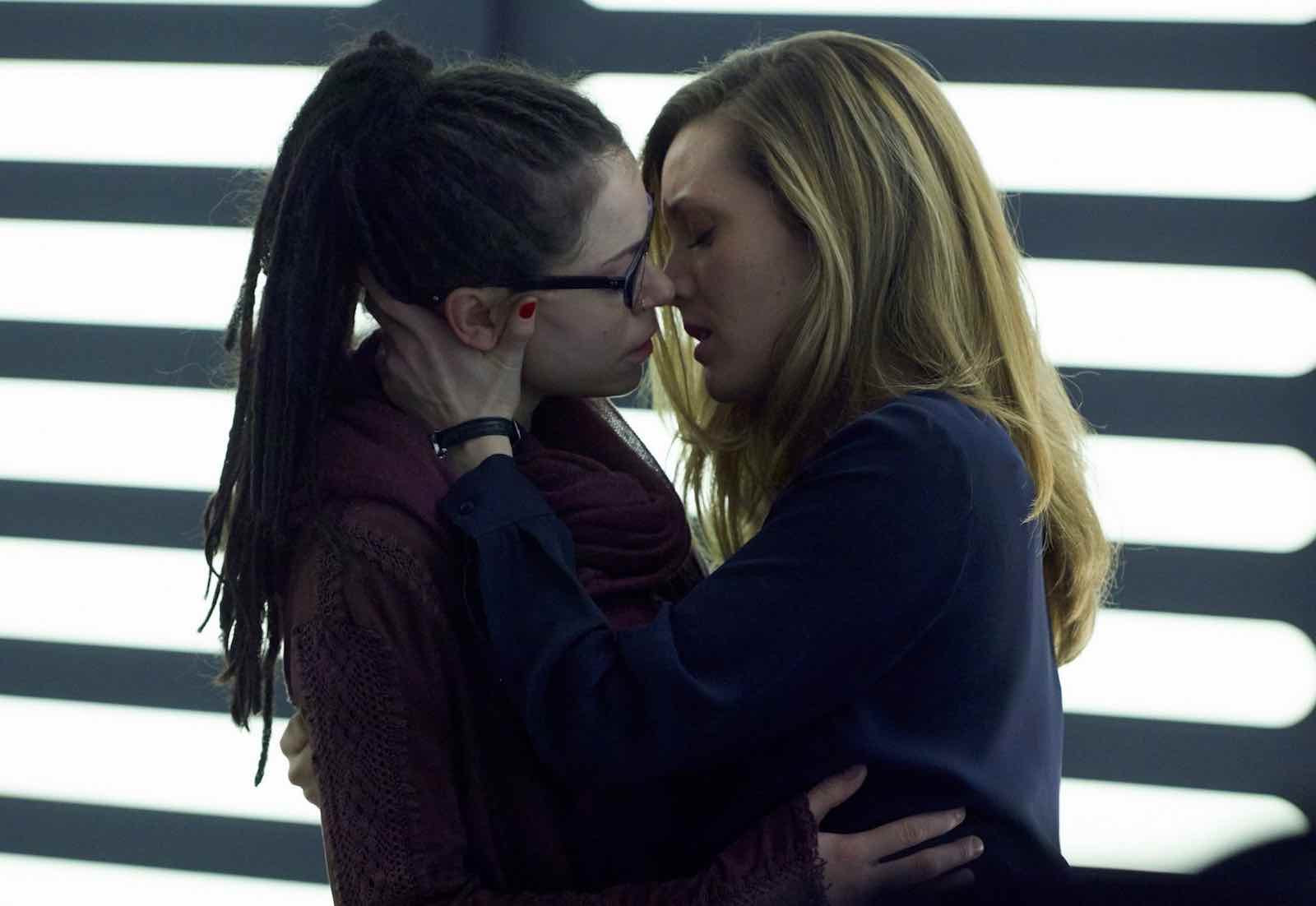
Just why was ‘Orphan Black: Echoes’ canceled after one season?
The buzz around Orphan Black: Echoes was palpable, given its roots in the much-beloved original series. Yet, unlike its predecessor, Echoes fizzled out after just one season. Fans were left pondering the reasons behind its untimely cancellation. While mixed-to-favorable reviews were a factor—scoring 60% on Rotten Tomatoes—the show’s LGBTQ+ themes might have been another. Queer-centric narratives still face hurdles in mainstream media, often sidelined before they truly find their audience. Echoes spotlighted Kira as a lesbian and multiple queer versions of Eleanor, echoing queerness woven into its very DNA. There’s a concerning trend: while other series enjoy multiple seasons to establish their presence, shows highlighting LGBTQ+ stories frequently face early dismissals. Insights from former Pixar staff about diluting queer content indicate a wider industry pressure. Is the underlying issue Echoes’ too gay storyline? The queer narratives deserve to be championed, finding their rightful place on our screens.

The lost clones
The fall of Orphan Black: Echoes came as a surprise to its embedded fanbase. Born from the beloved Orphan Black universe, Echoes had big shoes to fill. Despite some mixed reviews, fans hoped the show would capture the magic of its predecessor. But alas, it didn’t find its footing.
Critics were kinder than fans, with a 60% rating on Rotten Tomatoes. However, this lukewarm reception was insufficient to extend its life past a single season. The narrative explored more expansive diversity themes, yet its creative ambitions weren’t satisfactorily matched by audience numbers. Were viewers disoriented by another set of bewildering clone conspiracies?
The LGBTQ+ community has long clamored for authentic on-screen representation, and Echoes offered just that. Kira and Eleanor’s queer narratives sparked joy in many viewers. Yet, as past patterns suggest, mainstream channels often struggle to commit to queerness without a blockbuster-level reward. It’s high time we recognized that stories like Echoes are necessary, universal, and refreshingly real.

Queer visibility isn’t enough
Orphan Black: Echoes couldn’t quite clone the magic of the original. While it spun intriguing queer tales, the audience struggled to bond with its many Elanors and Kira’s journey. This isn’t new; LGBTQ+ narratives often have a tougher time finding their footing in mainstream TV.
Critics received Echoes with lukewarm enthusiasm. A 60% Rotten Tomatoes score suggests it teetered between average and good without truly charming the masses. Yet, some fans argue that its complex queer themes weren’t given the fair chance to flourish. Echoes’ plot, rich with LGBTQ+ elements, feels too niche to some executives focused on “universal” appeal.
With insights from former Pixar employees revealing industry aversions to explicit queer storytelling, was Echoes another casualty of this mindset? Many believe a renewal could give these explorations time to breathe, finding an audience hungry for authentic representation. Queer stories, echoing truths of so many lives, deserve to find their screens.

Untimely end
*Orphan Black: Echoes* thrived on its unique character arcs and layered queer narratives, but evidently, this wasn’t enough for decision-makers hungry for traditional metrics. Although audiences historically crave novelty, it seems *Echoes*’ flourishing diversity was an enigma rather than a draw. Its swift demise echoes a familiar industry tale.
Despite being a rare beacon for queer visibility, *Echoes* capsized without an anchor in measurable commercial success. As fans lament, entertainment gatekeepers seem anxious about narratives centered around authentic queer lives. This unfounded trepidation sidelines innovative storytelling. Shouldn’t otherworldly clone tales transcend outdated binary archetypes?
To quench the thirst of loyal viewers yearning for resonant and inclusive narratives, perhaps it’s time for a revival. Let’s renew *Orphan Black: Echoes*, not out of obligation, but in dedication to storytelling that feels vital and reflective of our nuanced world. Because the queer experience is as universal as humanity itself.
 Time for a reboot
Time for a reboot
Echoes’ LGBTQ+ focus mimicked a double-edged sword in a landscape often hesitant to embrace such stories without assured commercial triumph. It’s an unfortunate truth that the powers that be frequently overlook the expansive and varied appeal of queer narratives.
For devoted viewers yearning for exploration beyond traditional storytelling, the conclusion of Echoes feels premature. It’s time for networks to recognize the universal resonance of these narratives. A revival might not only satisfy audiences but also blaze trails for more inclusive storytelling. After all, it’s high time for these echoes to ricochet throughout our TV universe.




 Time for a reboot
Time for a reboot